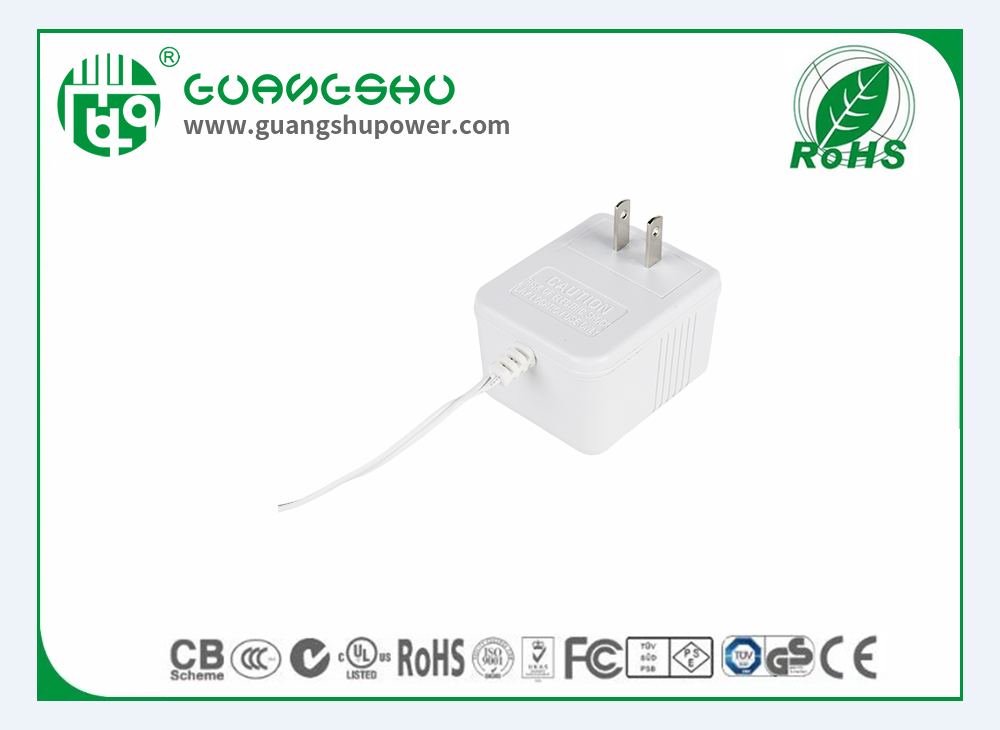Time:2024-12-18 Views:0

When it comes to charger compatibility, both voltage and current are important factors to consider. Voltage is crucial because if the charger's voltage does not match the device's required voltage, it can cause serious problems. If the charger voltage is too low, the device may not charge at all or may charge very slowly. For example, a device that requires 9V to charge properly will not charge effectively with a 5V charger. On the other hand, if the charger voltage is too high, it can damage the device's circuitry. A device designed for 5V may be damaged if connected to a 12V charger.
However, current is also a significant consideration. The current rating of a charger indicates the maximum amount of current it can supply. If a device requires a certain amount of current and the charger provides less, the charging process will be slow. For instance, a smartphone that needs 2A of current for fast charging will take a long time to charge with a 1A charger. But if the charger supplies a much higher current than the device can handle, it can overheat the device or the charger itself. Some devices have built-in mechanisms to limit the current they draw, but it's still important to use a charger with an appropriate current rating. In general, it is best to use a charger that has both the correct voltage and a current rating that meets or exceeds the device's requirements. Manufacturers usually specify the recommended voltage and current for their devices, and it's advisable to follow these guidelines to ensure safe and efficient charging.
Read recommendations: